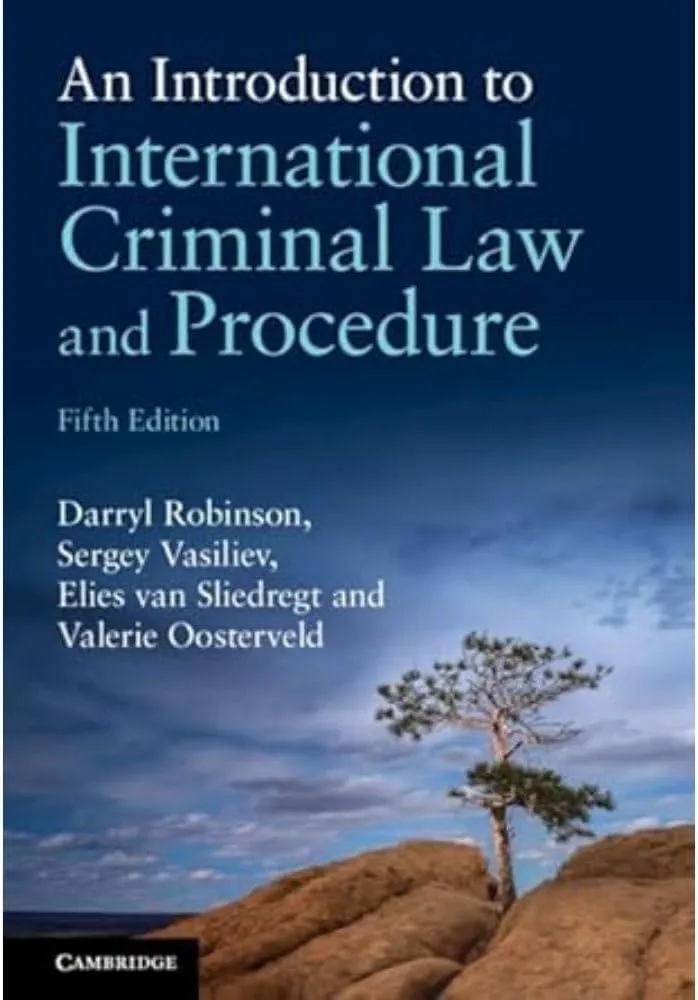
The Oxford Handbook of Comparative Judicial Behaviour
(Author) Lee EpsteinThese are momentous times for the comparative analysis of judicial behaviour. Once the sole province of U.S. scholars--and mostly political scientists at that--now, researchers throughout the world, drawing on history, economics, law, and psychology, are illuminating how and why judges make the choices they do and what effect those choices have on society. Bringing together leading scholars in the field, The Oxford Handbook of Comparative Judicial Behaviour consists of ten sections, each devoted to important subfields: fundamentals--providing overviews designed to identify common trends in courts worldwide; approaches to judging; data, methods, and technologies; staffing the courts; advocacy, litigation, and appellate review; opinions; relations within, between, and among courts; judicial independence; court and society; and frontiers of comparative judicial behaviour--dedicated to expanding on opportunities for advancement. Rather than focusing on particular courts, countries, or regions, the organization of the individual chapters is topical. Each chapter explores an important topic-critically evaluating the state of that topic and identifying opportunities for future work. While the forty-two chapters share a common interest in explaining the causes and effects of judicial choices, the range of approaches to comparative research is wide, inclusive, and interdisciplinary, from contrasts and similarities to sophisticated research agendas reflecting the emerging field of judicial behaviour around the world.
Lee Epstein
Lee Epstein is a renowned American novelist known for their groundbreaking work "A Thread of Grace," a gripping tale set during WWII. Their literary style is characterized by meticulous research and vivid storytelling. Epstein's contributions to literature include shedding light on lesser-known historical events and portraying the resilience of the human spirit.





